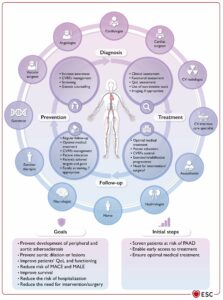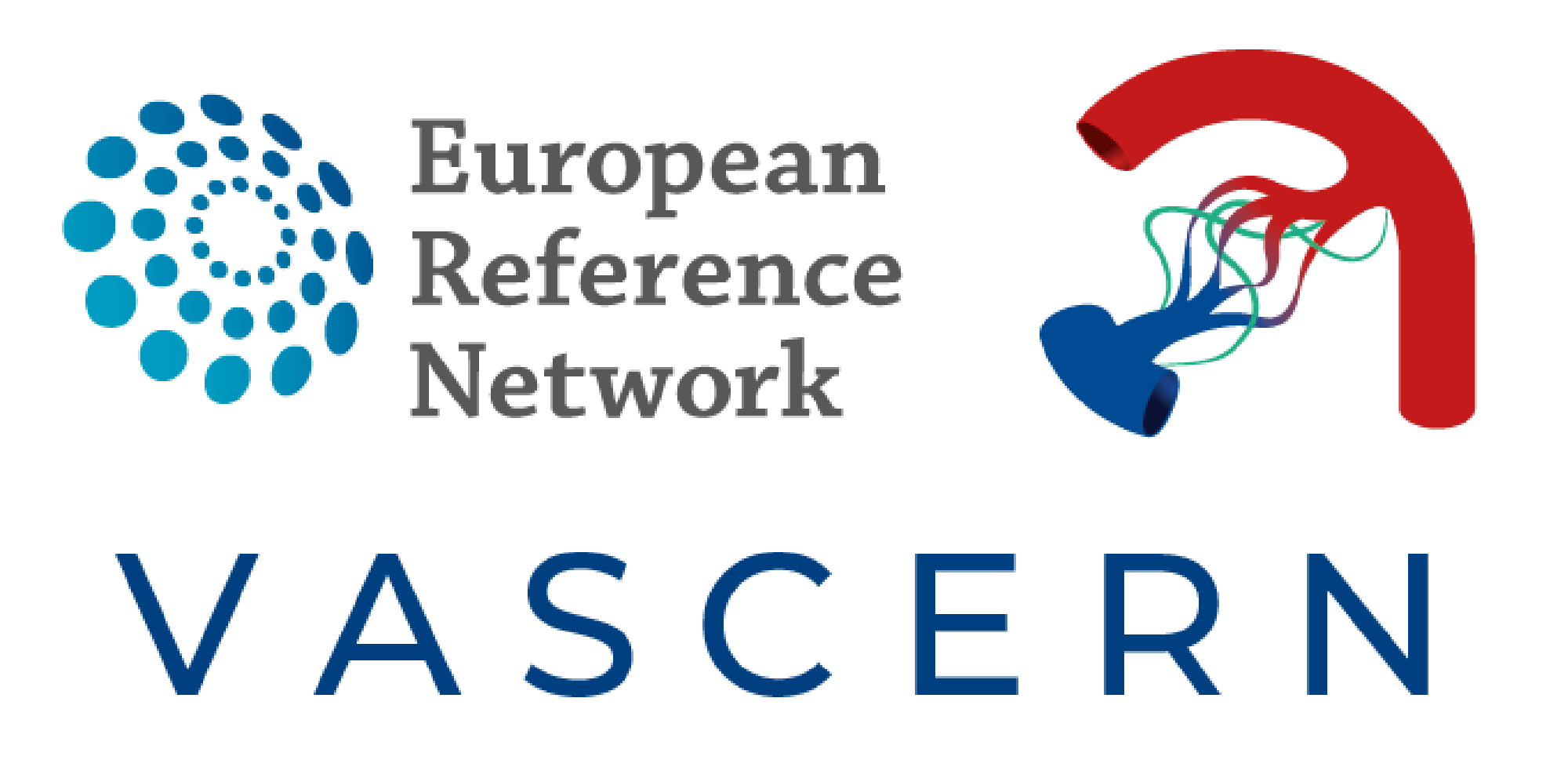
The European Society of Cardiology (ESC) has released the 2024 Guidelines for the management of peripheral arterial and aortic diseases. These guidelines, developed by a task force of leading experts and endorsed by VASCERN, the European Association for Cardio-Thoracic Surgery (EACTS), and the European Society of Vascular Medicine (ESVM), provide essential, evidence-based recommendations aimed at improving patient outcomes across Europe.
The guidelines focus on some crucial areas: diagnosis, treatment, and follow-up care. Together, these components form a comprehensive framework for healthcare providers to deliver optimal care to patients with peripheral arterial and aortic diseases.
1. Diagnosis
Accurate and early diagnosis is fundamental to managing peripheral arterial and aortic diseases effectively. The 2024 ESC Guidelines emphasize the importance of using updated diagnostic protocols to identify these conditions at various stages. Advanced imaging techniques, alongside traditional assessments, are highlighted to improve the accuracy of diagnoses, ensuring that patients receive timely and appropriate interventions.
2. Treatment
The guidelines provide detailed recommendations on both surgical and non-surgical treatment options. For medical therapy, the guidelines advocate for the optimized use of antiplatelet agents, statins, and antihypertensives to manage symptoms and prevent disease progression. When it comes to more invasive treatments, such as revascularization, the guidelines offer clear criteria on when and how to perform these procedures, ensuring that each patient receives the most appropriate care based on their individual needs.
3. Follow-Up Care
Long-term management is a critical component of the new guidelines, focusing on strategies for ongoing monitoring and care. The ESC emphasizes the need for regular follow-up to manage symptoms, monitor disease progression, and adjust treatment plans as necessary. This proactive approach aims to improve patients’ quality of life and reduce the risk of complications over time.

These guidelines are the result of a collaborative effort by some of the most respected organizations in cardiovascular and vascular medicine. By standardizing care across Europe, the guidelines aim to ensure that all patients receive high-quality treatment based on the latest evidence.
Healthcare professionals across Europe and beyond are encouraged to familiarize themselves with these new guidelines to ensure that their practice aligns with the latest evidence-based recommendations. The full guidelines are available online and can be accessed through the ESC’s official website.
Read the full guidelines here: 2024 ESC Guidelines
